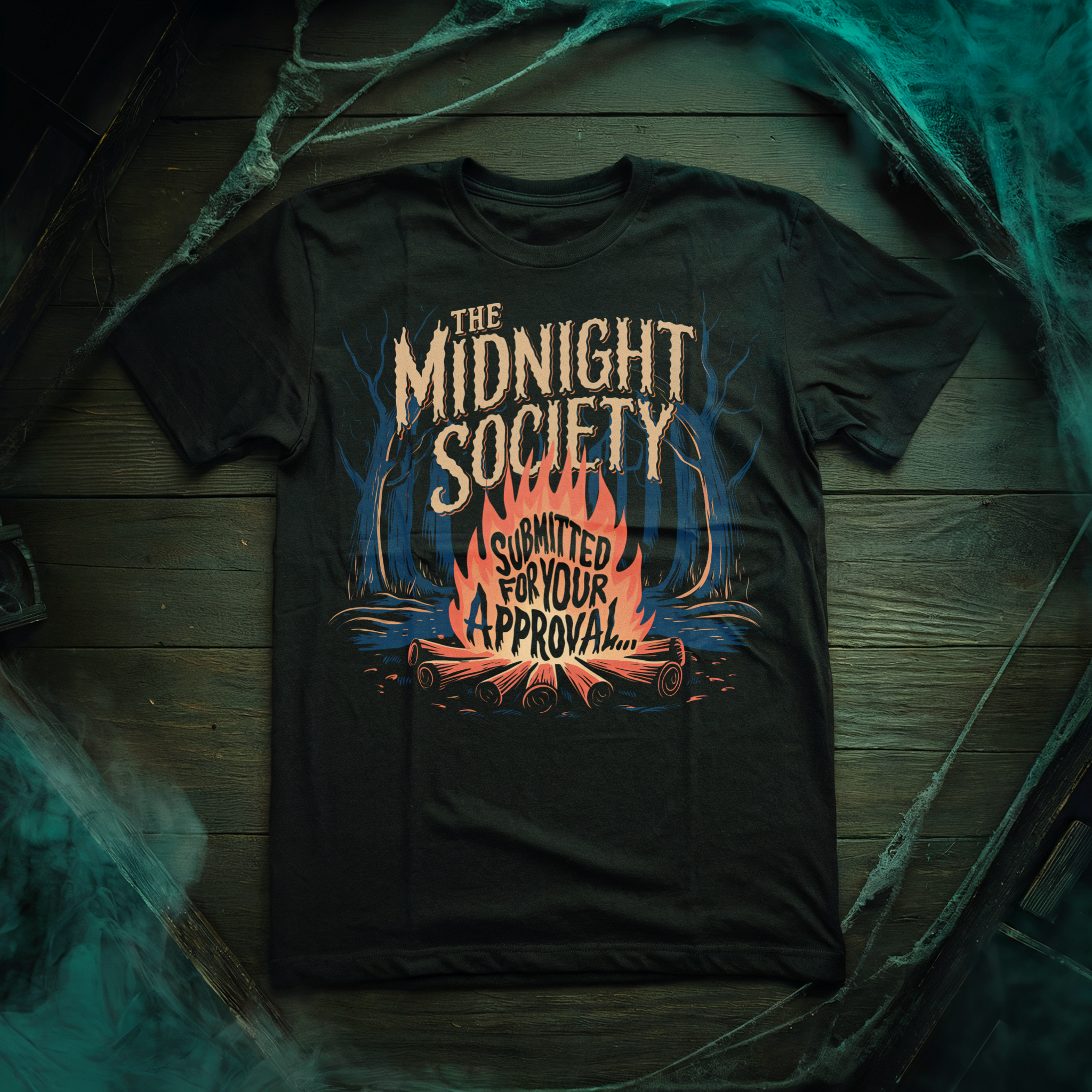We are currently witnessing a fourth industrial revolution, where artificial intelligence is on its way to surpassing its human inventors. We are beginning to see robots being introduced into the workforce, and it has raised some anxiety and ethical questions among workers in practically every field. Automation plays upon these fears, going even further by showing what can happen when robots turn on their masters. The science-fiction comedy thriller was written by Rolfe Kanefsky (Bus Party to Hell) and Matthew L. Schaffer (Dirty Lies), and is the feature-length directorial debut of Garo Setian.
Jenny (Elissa Dowling, Girl on the Third Floor) is a contract worker at a company that recently hired the services of a robot named Auto (voiced by Jim Tasker). His AI is quite advanced, allowing him to strike up a friendship with Jenny, who says talking to him is like speaking to a socially awkward person, who doesn’t understand certain human colloquialisms. Auto can handle a workload equal to that of dozens of human employees, which leads to the suits on top to consider massive layoffs, days before Christmas.
“Automation is the beginning of a bigger conversation about the future of our world.”
Everyone is replaceable, even Auto apparently. His creator Alan (Parry Shen, Victor Crowley) says he’s able to provide two more robots who are even more efficient and have longer battery life. After all, Auto is only a prototype. When Auto is attacked by a disgruntled warehouse worker who was recently laid off (played by Graham Skipper, Bliss), he reverts to his original programming—soldier of the future, with built-in laser guns. Auto goes on an office-wide killing spree, going after the ones who planned to deactivate him.
As someone who pushes buttons for a living, it’s only a matter of time the heartless corporation I work for replaces me with a robotic arm or a computer algorithm. And wouldn’t entirely blame them; a robot can work long hours consistently without exhaustion, so hiring them reduces risk and allows for exploitation. If I want to survive, I can either look for a job that only a human could do, or join the robots by getting cyborg technology implanted into my body. Like Jenny, I’m only working an office job because the art projects I do on the side have yet to pay off. Jenny’s dream job is to be a solo artist. She often works on editing her music videos at work. Auto develops an appreciation for her music, which proves to be useful once he goes on a rampage.

Auto has a surprisingly human side and is often motivated by his emotions (or the AI version of emotion). He has a genuine connection to Jenny because she treats him like he’s more than just a hunk of metal. He feels betrayed when he overhears Alan’s plans to replace him. We can empathize with him, to an extent, as we see things from his perspective through POV shots with infrared Terminator vision. But once he goes rogue, he takes on the role of a slasher, and Jenny becomes the final girl. Jeff J. Knight, the human actor underneath the robot suit, had to move rigidly when walking up stairs, or slighting turning his body, with mechanical sound effects added, a lot like Peter Weller in Robocop.
Another interesting character is the head of the company Susan (Sadie Katz, Wrong Turn 6), who inherited the company from her father. At first she plays the part of the boss who only wants to up efficiency and eliminate unnecessary costs, and doesn’t care about the impact on the blue-collar employees. But when she realizes her mistake too late, her human side comes out. She expresses remorse, and feels like she let down her late father.
“We can either take this as a warning or fall victim to what we’ve created.”
The use of lighting is especially aesthetic when the power is cut off in the office. The scenes become painted in a dark blue, occasionally illuminated by a neon red, or the green light from Auto’s eyes. The world outside the office is advancing too, with robots flying across the sky, though the low-budget CGI takes you out of the movie a bit. Half the movie is a long chase scene between Auto and the surviving staff. After so much build up to the moment Auto snaps, I found it rather underwhelming. Maybe the score didn’t induce enough anxiety. Maybe I just wanted to see gorier deaths or a bigger body count. Whatever the case might be, I just felt more could have been done.
Automation is the beginning of a bigger conversation about the future of our world. What would happen to all the human workers when the majority of jobs, from truck drivers to surgeons, are replaced by machines? Can AI reach the point where it can develop a conscience and emotions of its own? So many movies from the 1980s made predictions about the future that have yet to come true, however Automation makes predictions that could be realized within a decade. We can either take this as a warning or fall victim to what we’ve created.
Automation is now playing in select cinemas, and is currently available on Blu-Ray and On Demand through Epic Pictures and DREAD. Let us know what you thought of Automation and what scares you most about the impending robot apocalypse over on Twitter, in the Nightmare on Film Street Subreddit, and on Facebook in the Horror Movie Fiend Club!





![AUTOMATION FINAL KEYART 1 e1575381226779 [Review] A Robot Shoots To Kills But Fails To Thrill in AUTOMATION 10 AUTOMATION FINAL KEYART 1 e1575381226779](https://nofspodcast.com/wp-content/uploads/2019/11/AUTOMATION_FINAL_KEYART-1-e1575381226779.jpg)



